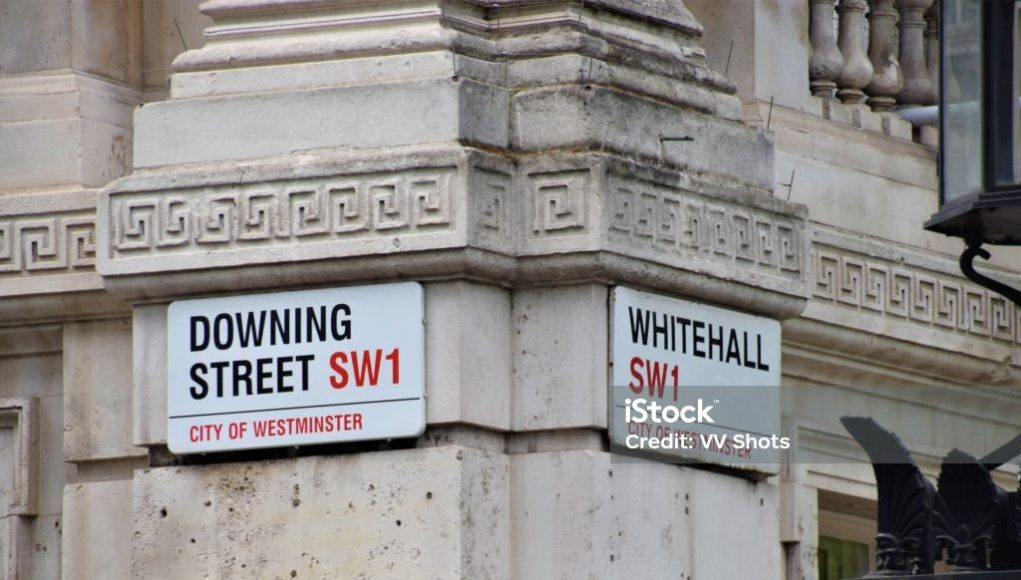As predicted by experts, the new UK Government has announced plans to re-introduce the generational smoking ban and tighter regulations on vapes and other nicotine products. This was detailed in the Tobacco and Vapes bill, included in the King’s Speech delivered by King Charles III. Key points of the proposed legislation include:
- A Generational Smoking Ban: The bill proposes making it illegal for anyone born after January 1, 2009, to buy cigarettes, effectively forbidding the sale of cigarettes to anyone currently under the age of 14.
- The Regulation of Nicotine Products: The bill would grant the UK government the authority to regulate the flavour, packaging, and display of safer nicotine products, such as vapes and nicotine pouches.
New Health Secretary Wes Streeting has previously voiced being sceptical about safer nicotine products
These proposals originated from the previous Conservative Government under Rishi Sunak but were shelved due to a snap general election in May. At the time, local tobacco harm reduction expert Clive Bates told Vaping Post that most likely the incoming government would revive the bill after the election, as both parties promised they would.
“Both main parties have said they will revive it. Labour will certainly revive this legislation, at least in some form. They know it is popular with the public and gives politicians a way to appear heroic without much cost. They will want to pass the law and make it their own,” predicted Bates, who of course was right.
“There are two main questions. First, where would it fit in Labour’s schedule for legislation? As an incoming government, it would have many high priorities and limited parliamentary time. The Bill is supposed to have long-lasting effects and, therefore, does not need to be rushed into the first session. It can take some action on vapes by proceeding with the ban on disposables, which does not need new primary legislation. Second, would Labour pause and rethink any of the measures or could it be even more hostile to vaping and newer, safer forms of nicotine than cigarettes?” he added.
Chief Medical Officer Chris Whitty has emphasized the public health benefits of a smoke-free country, highlighting the prevention of various diseases and conditions associated with smoking. He argued that the bill would represent a significant advancement in public health, by contributing to a smoke-free future, addressing both the direct and second-hand harms caused by smoking.
However, tobacco harm reduction groups such as the New Nicotine Alliance, have urged the government to recognize the benefits of safer nicotine products for adults, and to adopt a public health policy that encourages voluntary switching to safer products rather than imposing strict prohibitions.
The science in favour and against
Meanwhile, two recent UK studies seem to support the new proposed restrictions. The study, “Trends in vaping and smoking following the rise of disposable e-cigarettes: a repeat cross-sectional study in England between 2016 and 2023,” examined trends in adult smoking and vaping prevalence in England since the rise of disposable vapes. Funded by Cancer Research UK and published in The Lancet Regional Health – Europe, the paper found that while the overall nicotine use among adults has increased due to a significant rise in vaping among young adults, there has been only a modest overall decline in smoking.
Another study published by The BMJ has revealed that the number of adults in England who have reported vaping for more than six months has dramatically increased from around 1.3% in 2013 to 10% in 2023. The increase is most notable since 2021, aligning with the rise of disposable vapes and was observed predominantly among current and former smokers. However, the research team also reported a rise among those who had never regularly smoked, from less than 0.5% up to March 2021 to 3% by October 2023.
In contrast, a recent US study reported a significant decline in smoking rates in correlation with the documented increase in vaping. The study aimed to investigate the impact of e-cigarette use on smoking prevalence among U.S. adults using the latest National Health Interview Survey data through 2022.
The goal was to determine whether the rise in e-cigarette use correlates with a decline in smoking rates, particularly in sub-populations with high e-cigarette usage. The research team confirmed that this was indeed the case, as the most substantial discrepancies in smoking were found in sub-populations with higher e-cigarette use, particularly among younger adults aged 18-34.








